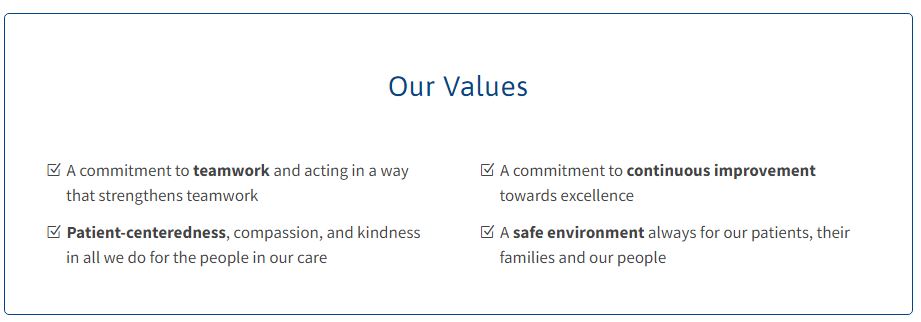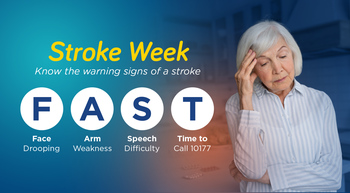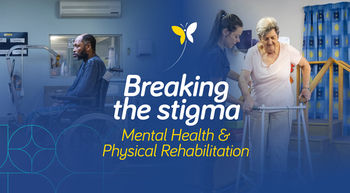
Youth Month – Let’s break the stigma of depression together
In Youth Month we are not only reflecting on the important role of youth in society, but also on the challenges facing them and how to address these to make the world a better place. According to the South African Depression and Anxiety Group (SADAG) suicide is the second leading cause of death in the country among the age group of 15 to 24. Of these suicides, 90% of the victims had an underlying mental illness. How can we make a positive difference?
“When it comes to mental illness, everyone has the responsibility to break the stigma of seeking help, especially when dealing with depression. As we learn from a young age that it is normal to take care of our physical wounds, we should take care of our emotional scars too. Seeking help, is as normal as going to the doctor for flu. Therefore it is vital that we empower ourselves with knowledge,” says Elizta du Plessis, Occupational Therapist at Nurture Woodlands.
Key Reasons for Depression
No one is immune to depression, it can affect anyone. However, the following are key factors contributing to depression:
- A poor supportive environment
- Poverty
- Alcohol abuse
- Culture
- Gender
People who stay in an environment with little support are more severely affected. Depression is also significantly more evident in areas where poverty and alcohol abuse is prominent. In some cultures, depression is frowned upon – it may be regarded as a weakness, especially among men, or in other cultures it is regarded as the result of witchcraft.
Statistics are often defective due to the fact that mental illness is so stigmatised and people often don’t seek help as a result. More young people suffer from depression than we know, due to the pressure of social media, appearance, fame and lifestyle.
How to Identify the Signs of Depression
It is difficult to identify signs of depression/mental illness among youth, as it is a very hormonal and emotional rollercoaster phase of their lives. However, the defining feature is a period of at least two weeks characterised by either a depressed mood or loss of interest in nearly all activities. A distinguishing factor would be interference with a person’s social, occupational and everyday activities. The symptoms should not be the result of substance abuse or another medical condition.
How to Seek Help
People suffering from depression should talk to someone they trust or make an appointment with a psychologist or someone working with mental health, such as an occupational therapist or counsellors. Some universities offer the services of counsellors or therapists. People should also empower themselves with self-knowledge, information regarding resources available and myths about depression.
Depression is a battle not to be fought alone – there are many people willing to assist – just ask. Want to join a support group to share with and learn from others who are also being treated for a mental health condition? Call 0800 456 789 for more information on support groups nearest to you. #MentalHealthMatters






